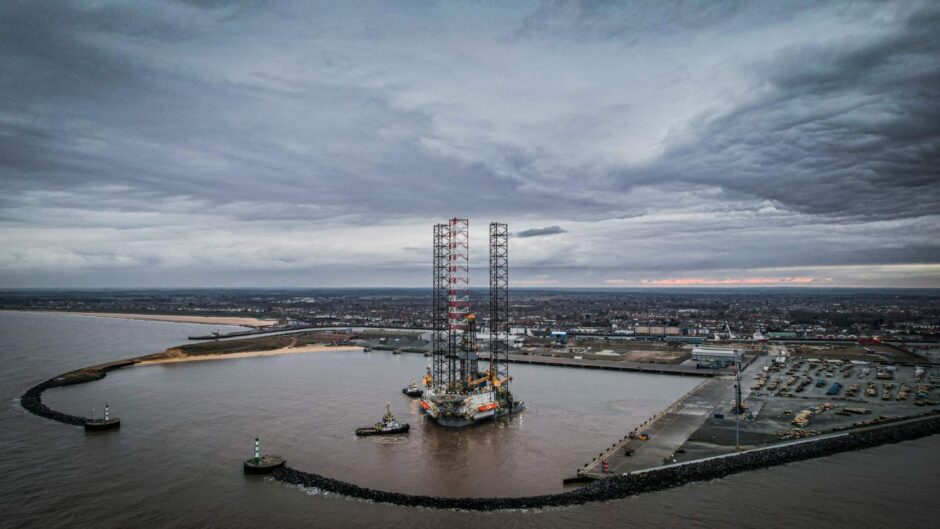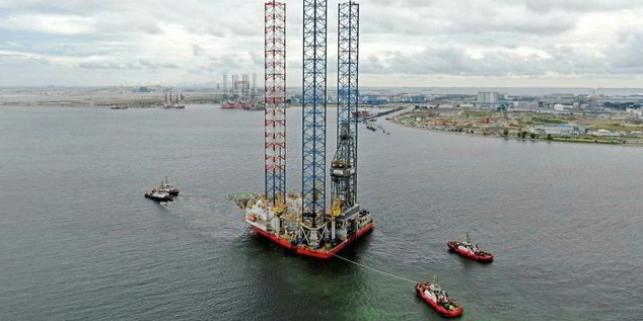
Offshore oil contractor Borr Drilling Ltd. (NYSE:BORR) expects almost a third of the world’s fleet of shallow-water rigs to be retired in the coming years because of their age, leading to higher daily leasing rates.
Drilling near the shore in water that’s less than about 400 feet deep requires a special rig that extends its legs down to the seashore, holding the drilling platform above the water. And 30% of the market for these so-called jack-up rigs is more than 35 years old, Patrick Schorn, chief executive officer for Borr, said in an interview.
Of the roughly 102 million barrels a day of global oil production, about 20% comes from shallow-water drilling, Schorn said. It’s an often overlooked market compared to deepwater drilling, which commands higher day rates and takes much longer to see initial production. Borr, with its fleet of two dozen rigs, is one of the world’s biggest suppliers of modern, shallow-water drilling gear. Its rigs average 7 years in age, Schorn said.
“Real pain in this business is going to be high day rates,” said Schorn, who began his career at SLB in 1991 before leaving to run Borr in 2020. “We can argue about whether it happens this year or next year, but at a certain moment, these very old units are going to fall off a cliff, and that’s going to create quite a bit of issues.”
After years of being one of the worst performing sectors of the global oil market, offshore drilling is experiencing a renaissance as higher crude prices push producers out to sea again. Borr on Wednesday posted earnings of 12 cents per share that missed expectations while reporting adjusted earnings before interest, taxes, depreciation and amortization that surpassed analysts’ estimates. The company said it’s expecting increased day rates for its rigs next year to lead to greater cash flow.
The company’s US listed shares rose 4.4% to $6.78 at 2:59 pm in New York.
Recommended for you

 © Borr Drilling
© Borr Drilling